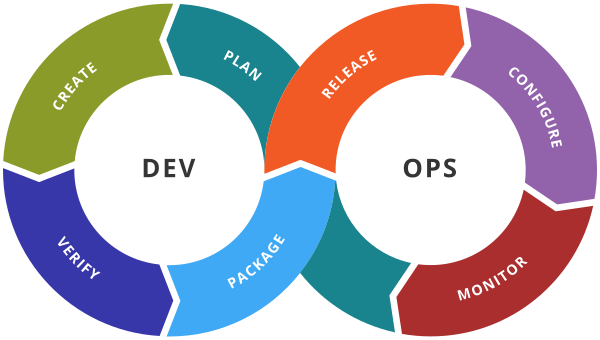Docker installation
Install Docker Engine on CentOS
To get started with Docker Engine on CentOS, make sure you meet the prerequisites, then install Docker.
Prerequisites
OS requirements
To install Docker Engine, you need a maintained version of CentOS 7. Archived versions aren’t supported or tested.
The centos-extras the repository must be enabled. This repository is enabled by default, but if you have disabled it, you need to re-enable it.
The overlay2 storage driver is recommended.
Uninstall old versions
Older versions of Docker were called docker or docker-engine. If these are installed, uninstall them, along with associated dependencies.
$ sudo yum remove docker \
docker-client \
docker-client-latest \
docker-common \
docker-latest \
docker-latest-logrotate \
docker-logrotate \
docker-engine
It’s OK if yum reports that none of these packages are installed.
The contents of /var/lib/docker/, including images, containers, volumes, and networks, are preserved. The Docker Engine package is now called docker-ce.
SET UP THE REPOSITORY
Install the yum-utils package (which provides the yum-config-manager utility) and set up the stable repository.
$ sudo yum install -y yum-utils
$ sudo yum-config-manager \
--add-repo \
https://download.docker.com/linux/centos/docker-ce.repoINSTALL DOCKER ENGINE
Install the latest version of Docker Engine and containerd, or go to the next step to install a specific version:
$ sudo yum install docker-ce docker-ce-cli containerd.ioIf prompted to accept the GPG key, verify that the fingerprint matches
060A 61C5 1B55 8A7F 742B 77AA C52F EB6B 621E 9F35, and if so, accept it.
Install Docker Engine on Ubuntu
Estimated reading time: 11 minutesTo get started with Docker Engine on Ubuntu, make sure you meet the prerequisites, then install Docker.
Prerequisites
OS requirements
To install Docker Engine, you need the 64-bit version of one of these Ubuntu versions:
- Ubuntu Focal 20.04 (LTS)
- Ubuntu Eoan 19.10
- Ubuntu Bionic 18.04 (LTS)
- Ubuntu Xenial 16.04 (LTS)
Docker Engine is supported on x86_64 (or amd64), armhf, and arm64 architectures.
Uninstall old versions
Older versions of Docker were called docker, docker.io, or docker-engine. If these are installed, uninstall them:
$ sudo apt-get remove docker docker-engine docker.io containerd runc
It’s OK if apt-get reports that none of these packages are installed.
The contents of /var/lib/docker/, including images, containers, volumes, and networks, are preserved. The Docker Engine package is now called docker-ce.
Install using the repository
Before you install Docker Engine for the first time on a new host machine, you need to set up the Docker repository. Afterward, you can install and update Docker from the repository.
SET UP THE REPOSITORY
Update the
aptpackage index and install packages to allowaptto use a repository over HTTPS:$ sudo apt-get update $ sudo apt-get installdocker.io -y
